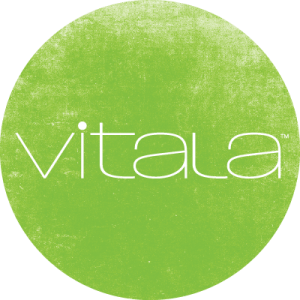What in the world is CLA?
This week I’d like to focus on a nutrient (or more accurately group of nutrients) that’s not well known but none the less, may play an important role in human health. Let’s start with the basics…
1. What is CLA?
Maybe you’ve seen CLA on the labels of the Vitala dairy products or other foods and wondered what it stood for. CLA is short for conjugated linoleic acid – obviously, right? It’s basically used to describe a family of fatty acids that are found naturally in foods. In foods, CLA is made up primarily (85-90%) of one particular isomer called rumenic acid, with smaller amounts of other isomers.
2. Which foods contain CLA?
CLA is found in ruminant food sources – the richest sources are dairy products such as milk, cheese and yoghurt as well as ruminant meat products including beef. The amount of CLA found in these foods varies depending on the animals’ diet; the concentration of CLA increases when the animals are grass fed or receive more polyunsaturated fatty acids in their diet.
3. Where else is CLA found?
I was surprised to learn that CLA can be produced in human tissues as well as by bacteria inhabiting the human gut. Culturing dairy products may also further increase the CLA content due to the presence of CLA-producing bacteria.
4. What are the health benefits of CLA?
Animal studies indicate that CLA isomers are stored in multiple tissues including the bone, brain, heart, liver, skeletal muscle, serum and spleen when they may exert their biological effects.
Increased CLA intake and RBC levels have been linked to better body composition and increased bone mineral density in humans.
Research studies also show promising health effects for CLA in relation to prevention of cancer and heart disease, as well as improved immune function. However, many of these studies were conducted in animal models or in vitro and additional human studies are needed.
5. Is it better to get CLA from food or a supplement?
As usual, the benefits of healthy nutrients found in whole foods cannot be obtained by simply taking a supplement. CLA can be produced industrially through chemical treatment of oils and the resulting CLA product is often added to weight loss supplements. However chemically synthesized CLA has a different isomer profile, generally containing equal proportions of rumenic acid and another isomer called t10, c12-CLA. Some studies indicate that synthetic CLA does not offer the same benefits as natural CLA and the t10,c12-CLA isomer has been associated with negative health effects including inflammation and insulin resistance. Just another reason to avoid pill popping and to consume natural whole foods!
